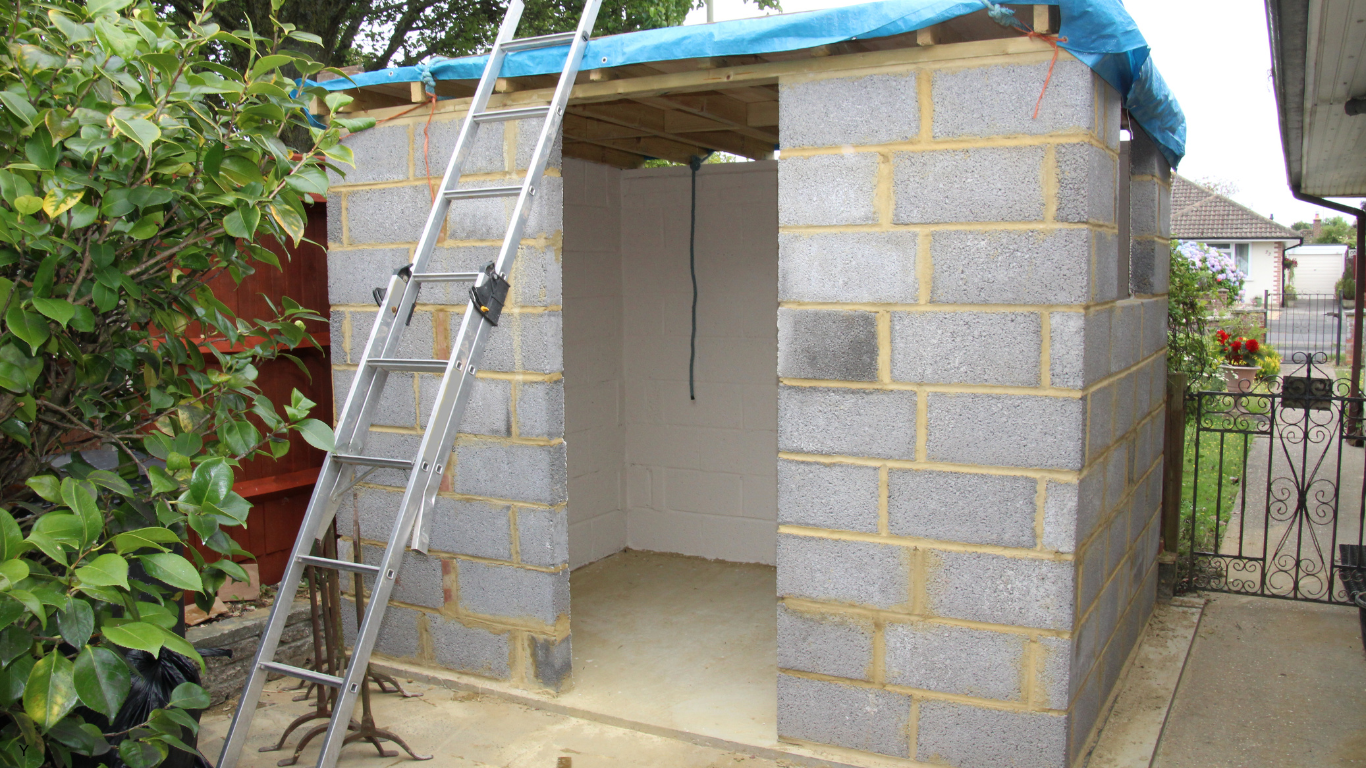Florida’s Ten-Year Licensing Option for Out-of-State Contractors
Since July 2020, contractors who have been licensed in another state for at least 10 years can apply to obtain the same or similar license in Florida, without having to take an exam. The applicable portion of the statute was passed as part of Florida’s Occupational Freedom and Opportunity Act (the “Act”) that deregulated over a dozen different professionals governed by the Department of Business and Professional Regulation, including building, trade, and electrical contractors. The law is and was intended to allow an applicant to qualify for a license for endorsement if they have held a valid license to practice contracting in another state or territory for at least 10 years before the date of application. While this article discusses the section of the statute that applies to contractors other than electrical contractors, you can click here to read about a similar 10 year rule that applies to electrical contractors.
Who the 10 Year Option Applies to
The statute, located at 489.115(3)(d), Florida Statutes, applies to an applicant for a license in Florida who has “held a valid current license to practice contracting issued by another state or territory of the United States for at least 10 years before the date of application and is applying for the same or similar license in Florida. In evaluating an application, the Construction Industry Licensing Board can consider “an applicant’s technical competence to ensure the applicant is able to meet the requirements of this state’s codes and standards for wind mitigation and water intrusion.” The Board may also consider whether such applicant has had a license to practice contracting revoked, suspended, or otherwise acted against by the licensing authority of another state, territory, or country.
Florida Contractor Licenses the 10 Year Option Applies to
This version of the rule applies to the following contractor licenses in Florida:
General contractor
Building contractor
Residential contractor
Sheet metal contractor
Roofing contractor
Class A Air-conditioning contractor
Class B Air-conditioning contractor
Mechanical contractor
Commercial pool/spa contractor
Residential pool/spa contractor
Swimming pool/spa servicing contractor
Plumbing contractor
Underground utility and excavation contractor
Solar contractor
Pollutant storage systems contractor
Specialty Contractors (listed below)
Structural aluminum or screen enclosures specialty contractor
Marine specialty contractor
Marine seawall work specialty contractor
Marine bulkhead work specialty contractor
Marine pile driving specialty contractor
Structural masonry specialty contractor
Structural, pre-stressed, precast concrete work specialty contractor
Window and door installation specialty contractor
Garage door installation specialty contractor
Plaster and lath specialty contractor
Structural carpentry specialty contractor
Residential swimming pool/spa servicing specialty contractor
Building demolition specialty contractor
Irrigation specialty contractor
Tower specialty contractor
Glass and glazing specialty contractor
Gypsum drywall specialty contractor
Gas line specialty contractor
There is also a version that applies to electrical contractors and their sub-specialty licenses as well. You can learn more about that by clicking here.
Minimum Requirements for the 10 Year Rule.
Here are the minimum requirements to apply for licensure under the 10 year rule. Notably, no exam is required if you meet these qualifications.
Have been licensed in another state for 10 years with a license that is the same or similar to the license you will be applying for in Florida
Your existing license must be active or have been active within the last two years.
For general, building, residential, and roofing contractors, take a 2-hour DBPR approved continuing education course on the Florida Building Code, including information on wind mitigation techniques
Pay the applicable filing fee
Submit fingerprints for a criminal background check
Submit a personal credit report showing a score above 660 or if your score is below 660, submit proof of having completed a 14-hour financial responsibility course approved by the DBPR.
If you plan to operate in Florida through a business, have that business already setup and submit a credit report for that business
Pass a background check
Have commercial general liability insurance with limits ranging from $100,000 to $300,000 (minimum) depending on the license type
Obtain worker’s’ compensation insurance or be exempt.
Since this statute was first enacted, we have helped contractors from all of the United States successfully obtain licenses using this method. You can click here to view some of my results. Interested in learning more about the application process and seeing if your existing contractor’s license can help you obtain a Florida contractor’s license, without having to take an exam? We can assist you with the entire application process to make sure that it goes smoothly and to answer any questions you may have. Many times we can do this for a flat fee. To learn more, please fill out the form below, or please contact me at jason.lambert@hwhlaw.com or (813) 227-8495.
Jason Lambert is a Florida Board Certified Construction Attorney and Partner in the Construction Industry Practice Group at Hill Ward Henderson, in Tampa, Florida. He is also the founder and chief contributor to the Hammer & Gavel construction law blog. Jason focuses his practice on representing contractors, subcontractors, and materials suppliers throughout the state of Florida. Before law school, Jason spent a decade working in the construction industry, primarily as a project manager and operations director for both new construction and remodeling. He can be reached at jason.lambert@hwhlaw.com or 813-227-8495.






